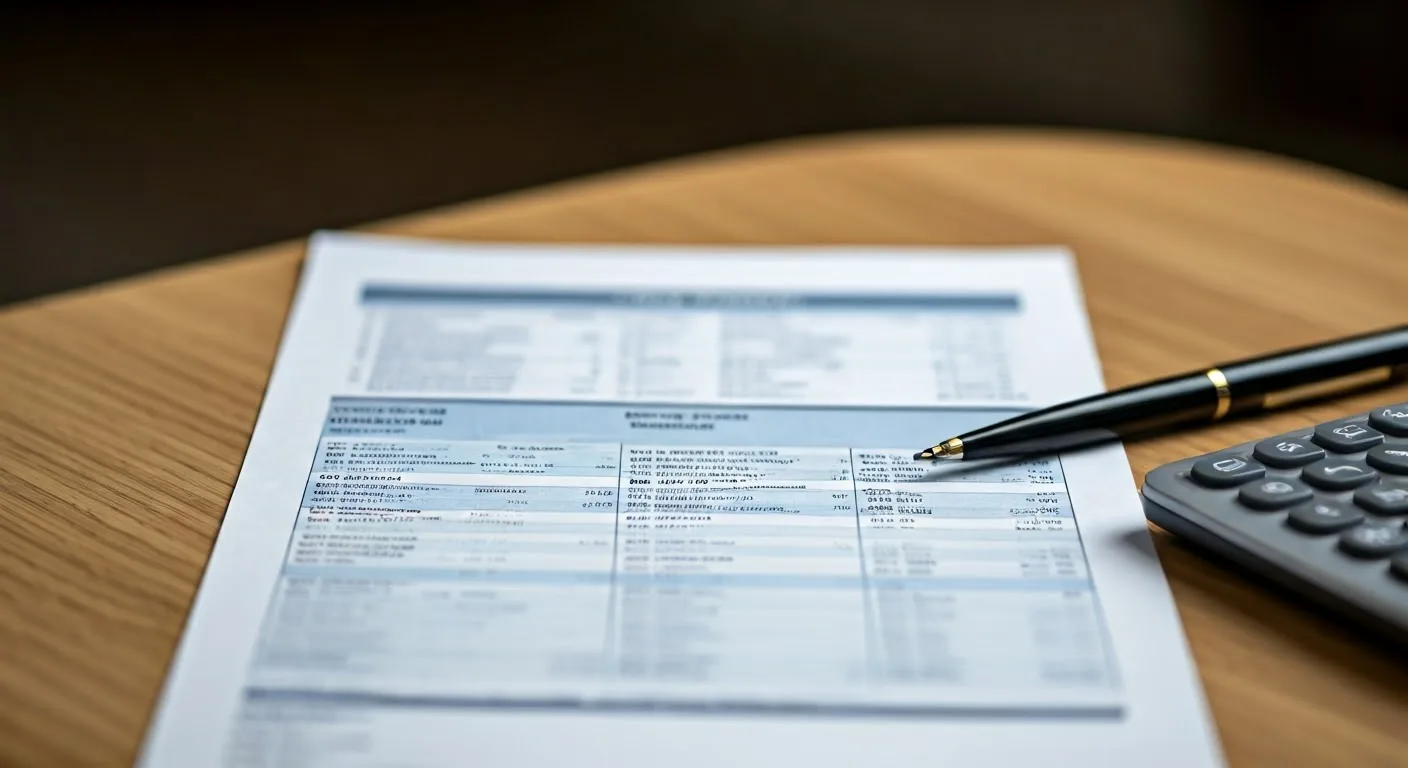Unlocking the Secrets of Your Credit Report and Credit Score

In personal finance, your credit report and credit score are like your financial passport. These tools show how healthy your finances are. They can make a big difference in getting loans, credit cards, or renting an apartment. Knowing how they work can help you stay safe from identity theft and allow you to make wise money decisions.
Understanding Your Credit Report
A credit report shows an overview of your financial history. You can think of it as a record of how you borrow money and pay it back. It helps lenders see if you are a good risk to lend to. Keep in mind that you have several credit reports. They come from the three main credit bureaus: Equifax, Experian, and TransUnion.
While each report is similar, they may show different details. It is important to check all three to understand your full credit history.
The Components of Your Credit Report
Your credit report has different parts. These include your credit accounts, types of credit, and public records.
-
The "credit accounts" part shows all your loans, like credit cards, mortgages, student loans, and auto loans. It also shows your payment history, credit limits, and what you still owe.
-
The "types of credit" section shows how well you handle different credit products. This helps lenders understand how you manage money with different types of credit.
-
Finally, the “public records” section details any legal issues that relate to money, like bankruptcies, foreclosures, or tax liens. These records can hurt your credit score and stay on your report for a long time.
How Financial Actions Impact Your Credit Report?
Every financial move you make plays a role in your credit report. For example, paying your bills on time shows that you manage credit well and helps to improve your creditworthiness. On the other hand, late payments can raise concerns for potential lenders.
Credit card companies and other lenders share your payment habits and balances with credit bureaus. It is important to manage your credit utilization ratio, which is how much credit you are using compared to your total credit limit. Keeping this ratio low shows that you handle credit responsibly.
Here are some common financial actions that can affect your credit report:
-
Late Payments: Just one missed payment can hurt your credit score.
-
High Credit Utilization: Using up all of your credit can increase your credit utilization and lower your score.
-
Closing Old Accounts: Even though it may seem strange, closing old credit accounts can reduce your credit history and impact your score.
Navigating Through Your Credit Score
Your credit report gives you a complete history of your credit. In contrast, your credit score is a simple three-digit number, usually between 300 and 850. This score quickly shows if you are a good borrower. Higher scores mean you are less risky for lenders.
Keep in mind that you can have different credit scores. Each credit bureau has its way of calculating scores. The FICO score is the most common one. Lenders often rely on this score to judge whether you can get loans and credit cards.
What Determines Your Credit Score?
Several factors help in figuring out your FICO score. Your payment history is very important. Paying your bills on time shows that you handle your finances well. This can increase your score. However, late payments can hurt your score a lot.
The length of your credit history matters, too. A longer credit history with good payment patterns usually leads to a higher credit score. It shows that you know how to manage credit over time.
Your credit utilization ratio is another key factor. This is how much of your available credit you use. The variety of credit you have and how often you apply for new credit also affect your score. Keeping a good balance between these factors is essential for getting and keeping a good credit score.
Strategies to Elevate Your Credit Score
Building good credit takes time. If you have a low score, there are steps you can take to make it better:
-
Make Timely Payments: Use reminders or set up automatic payments so you never miss a due date.
-
Reduce Your Credit Card Balances: Try to keep your credit card use below 30% of your limit. This applies to each card and all your cards combined.
-
Avoid Opening Too Many New Accounts: Each new credit card or loan request can lead to a hard inquiry, which might hurt your score.
If you follow these tips regularly, you can boost your credit score over time. A good credit score can give you better financial chances, like lower interest rates and more credit card choices.
Conclusion
Understanding your credit report and credit score is very important for your financial health. By learning what makes up your credit report and how your money habits affect it, you can improve your credit score. Checking your credit report often helps you find mistakes and see how you are doing financially. Keep in mind that working responsibly on your credit can bring long-term rewards. If you have questions or need help to improve your credit score, our experts are ready to assist you. Schedule a consultation today to discover how to keep your credit profile in good shape.



